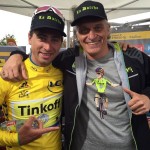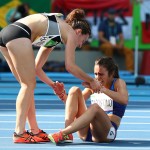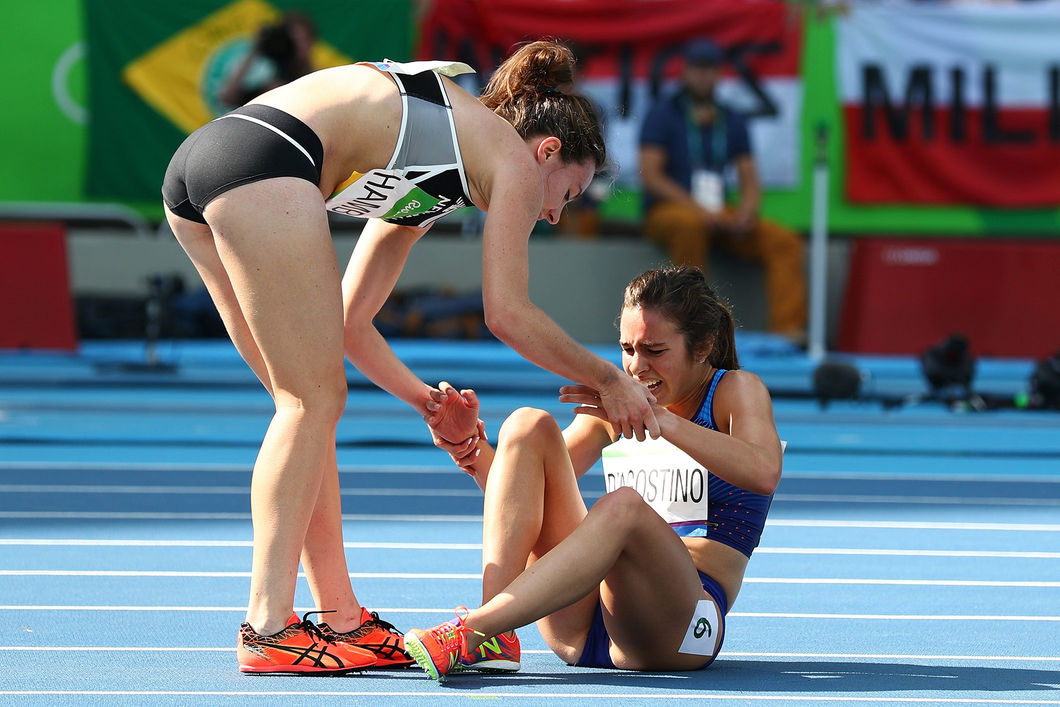Reuters. LONDON – Intelligence gathered from everyone from cleaning staff to customs officials will help authorities to target drug testing at the athletes, sports and nations most likely to cheat at the London 2012 Olympic Games, anti-doping experts said on Monday.
Jonathan Harris, the London Games’ anti-doping medical services manager, said the number of tests carried out would be record breaking — some 5,000 tests among 10,500 athletes — and said targeting the tests at the right people and sports would be vital to ensuring a drug-free games.
“It’s not about the weight of the tests, but it’s about using those tests more effectively than before,” he told an anti-doping conference in London.
Harris, who was speaking alongside Andy Parkinson of UK Anti-Doping (UKAD) and David Cowan, head of the Drug Control Center at King’s College London, who will head the drug-testing laboratory during London 2102, said officials would have a daily “breakfast meeting” during the Games to share intelligence and decide where to focus efforts.
“What we’re trying to do is work with sources of information in order to provide an intelligent testing program,” Harris said. “That’s the key.
“There will be intelligence sources from everything from security and cleaning (staff) … to personnel working in functional areas during the Games to ensure that if they should come across behaviors that are untoward, they should share that information with us.”
Cowan repeated his promised that the July 27-August 12 Games would be the most tested Olympics yet and said doping cheats should not bother attending.
Following the motto of the International Olympic Committee (IOC) — Citius, Altius, Fortius, or “faster, higher, stronger” — he said: “We’re looking at faster analysis, higher sensitivity and stronger proof” when it comes to drug testing.
Parkinson said UK Anti-Doping, which has a team working with police, customs and border control officials, would also be feeding into the daily strategy meetings to make sure the most likely cheats were followed up and tested.
UKAD and its global umbrella group the World Anti Doping Agency (WADA) are primarily focused on testing, catching and deterring drug cheats, but both groups are increasingly working in law enforcement agencies such as Interpol to gather and use intelligence about the supply and trafficking of doping drugs.
At London 2012, the information gathered will be graded, analyzed and collated to produce what Parkinson called a “sport profile” which should point to specific sports, national teams or athletes that are high risk for doping.
“This is to make sure that everything we do … is focused in the right way,” he said.
Parkinson said people were right to question whether simply testing more samples from more athletes was the answer to catching those who used performance-enhancing drugs.
“More testing doesn’t equal better testing — absolutely not,” he told the conference. “But what we’re seeing now is a different way of testing — with biological passports, more blood testing, more analytical science and more intelligence.”





















+ There are no comments
Add yours